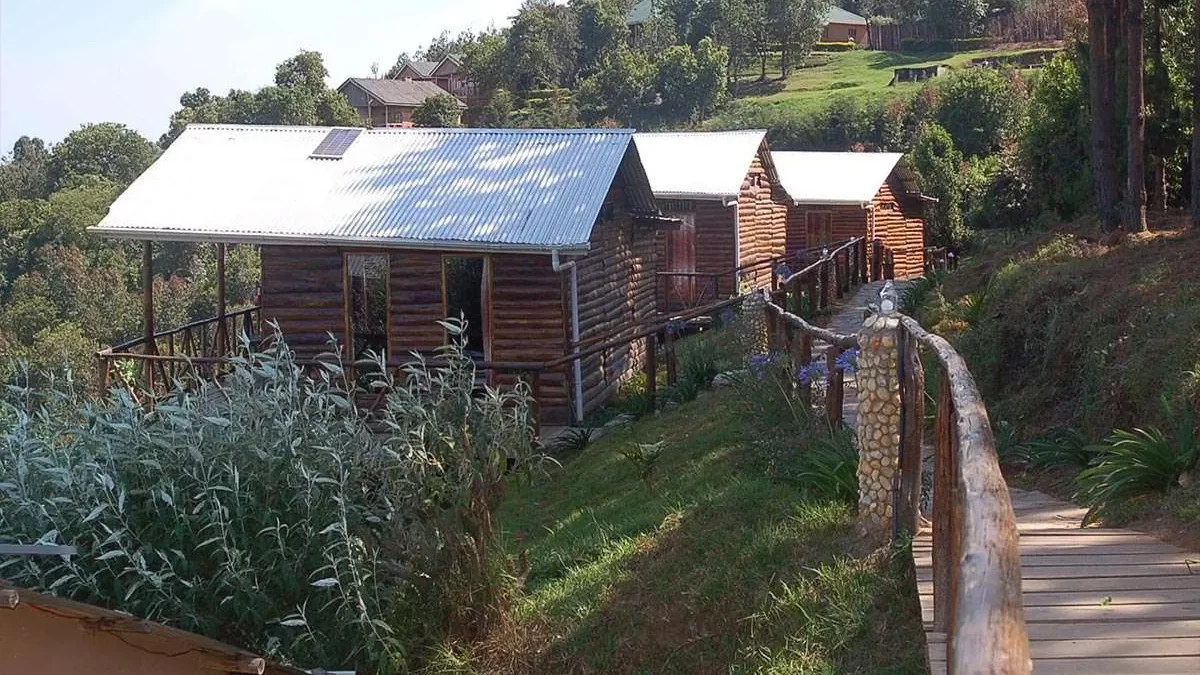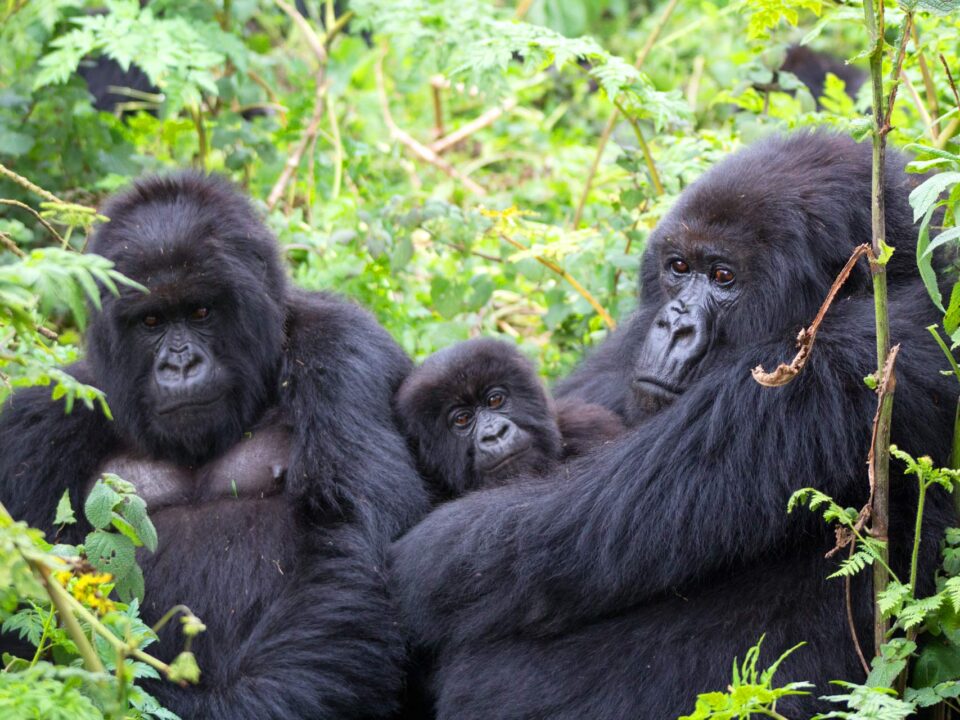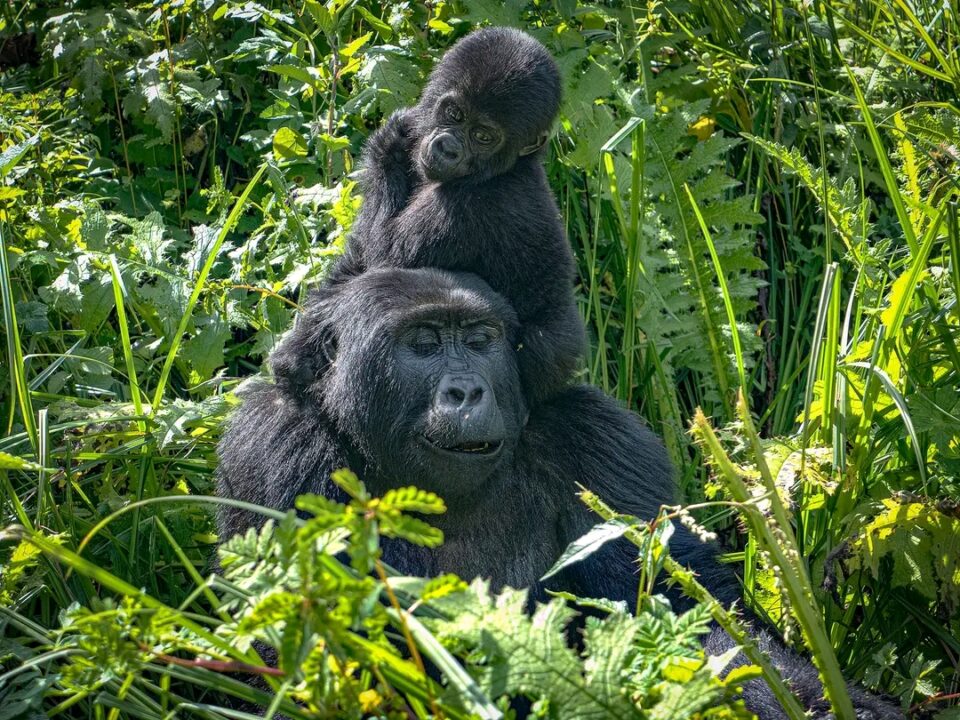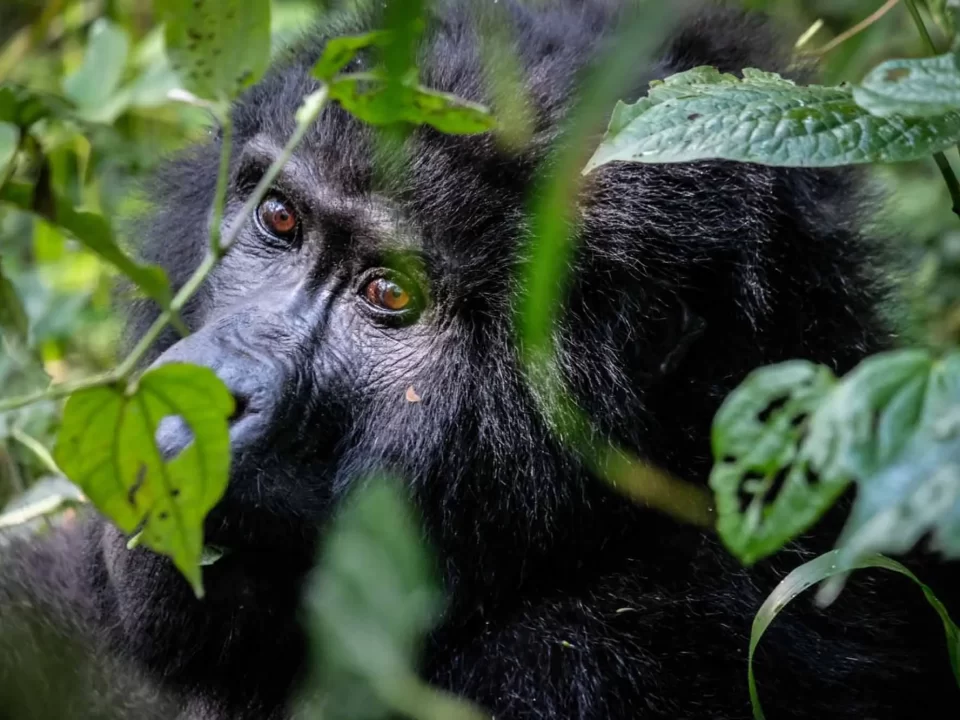Bakiga Lodge in Ruhija Sector of Bwindi

Broadbill Forest Camp in Ruhija Sector
December 12, 2023
Olduvai Gorge Museum in Tanzania
December 12, 2023Bakiga Lodge in Ruhija Sector of Bwindi – Gorilla Families in Ruhija Region
Nestled in the heart of the Ruhija sector on the eastern side of Bwindi Impenetrable National Park, Bakiga Lodge provides an extraordinary retreat in close proximity to four remarkable gorilla families. These families, namely Bitukura, Oruzogo, Mukiza, and Kyaguriro, make Ruhija a prime location for an immersive gorilla trekking experience. While Kyaguriro family was originally habituated for research purposes, a limited number of six visitors per day can explore this group, requiring prior permission from the Uganda Wildlife Authority.
Getting to Ruhija Sector:
Ruhija strategically sits between Buhoma sector to the north and Kibale Forest National Park to the east, facilitating easy access from both northern and southern regions. It is well-connected, situated 218 km away from Queen Elizabeth National Park.
By road, one can reach Ruhija from Entebbe/Kampala via Kabale or from Kampala via Rukungiri, Kihihi, and Butogota. Due to the challenging road conditions, a 4×4 vehicle is essential for this journey. For those opting for air travel, there is no direct flight to Ruhija, but flying to Kihihi airstrip followed by a two-hour drive is a feasible option.
Bakiga Lodge in Ruhija Sector:
Nestled just a short drive from the Gorilla Trekking meeting point, Bakiga Lodge is a luxury safari lodge offering a genuine African experience. The lodge is situated atop a picturesque valley, providing breathtaking views of Bwindi Impenetrable Forest. Constructed using locally sourced timber from environmentally friendly sources in Ruhija, it exemplifies an Eco Lodge. Guests enjoy the convenience of Wi-Fi internet services.
Bakiga Lodge operates as a non-profit safari lodge, with the Bakiga Community Project registered as an NGO in Uganda and a charity in the UK. The accommodation features 6 family cabins and 2 twin tents, all equipped with en-suite bathrooms and spectacular views. After a day of Gorilla Trekking or bird watching, guests can unwind around the fireplace or at the bar.
Environmental Impact of the Lodge:
The lodge adopts sustainable practices to minimize its environmental footprint. Rain harvesting tanks collect water used for client showers, toilet flushing, bedding washing, cooking, and lodge cleaning. With 9 water harvesting tanks, all flush toilets and showers are connected to septic tanks to prevent underground aquifer pollution. Solar panels on the lodge roof generate electricity, and the steep grounds have been terraced and planted to combat soil erosion.
Activities at Bakiga Lodge:
- Gorilla Trekking: Explore the captivating gorilla families in the Ruhija sector.
- Bird Watching Tours: Immerse yourself in the rich avian diversity of the region.
- Guided Hikes in the Forest: Discover the secrets of Bwindi through guided forest hikes.
- Guided Walks to Mubwindi Swamp: Explore the famous Mubwindi Swamp in Bwindi Forest.
- Forest Walks: Experience the enchanting beauty of the forest surroundings.
- Relaxation: Unwind and savor the stunning views from the lodge.
- Cultural Experiences: Enjoy local dance and song performances, and participate in community-based activities like dancing, crafts, singing, and visiting the trading center.




